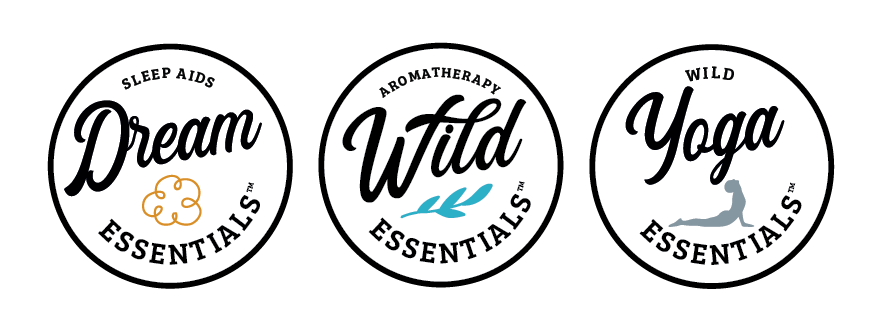
What Affects Our Sleep?
There are several factors that affect sleep. These factors can be both external and internal. The internal factors affecting our ability to sleep include changes within the body such as alterations in brain functions when it goes through the stages of development or mental stress. External factors affecting our sleep include the food we eat, our sleep environment, and the medications that we take. All these factors, individual or combined, have an impact on how well we sleep.
Here are some of the common factors that can ruin a good night’s sleep:
Light can have an impact major on our sleep cycle. The retinas in our eyes react to light through the presence of light sensitive cells. These cells are positioned in the same areas the rods and cones which are responsible for vision. They tell the brain whether it is daytime or nighttime so that it knows when to induce sleep. Unfortunately, since synthetic light sources are all around us, it makes it harder for the brain to process this information correctly. This can lead to a confused circadian rhythm, ultimately causing a reduction in our sleep time.
Sleep patterns can also be affected due to demanding work schedules. The way we work today has changed a lot and not necessarily for the better. Owing to the rise in consumerism, companies are forced to manufacture goods or provide services 24/7, which means that employees are forced to work on various shifts. This constant shift in work schedules can have a very negative impact on the body’s sleep-wake cycle. People who work in odd shifts usually suffer from insomnia, where they are unable to sleep when they need to. The exact opposite is also possible.
Medical conditions, both physical and psychological, can hamper a person’s ability to sleep properly. This can be caused due to pain resulting from physiological problems such as gastric reflux, arthritis, pre-menstrual syndrome and a host of other medical conditions. Psychological issues such as stress, depression, and anxiety are also known to inhibit proper sleep. Individuals suffering from such psychological conditions, usually experience sleep only during the REM cycle. Since the human body is conditioned to respond to adverse situations by waking up, these psychological issues trigger this sort of response forcing the person to wake up.
Sleep deprivation has also been attributed to the consumption of certain types of medication. These medications include alpha blockers, beta blockers, anti-depressants, and antihistamines. These medications can have a hefty impact on what affects sleep patterns. For instance, beta-blockers, which are used to treat conditions such as high blood pressure glaucoma, heart failure, or migraines, can cause low levels of REM and deep sleep. They are also responsible for causing an increase in daytime sleepiness. The same can be observed with alpha blockers that are used to treat prostate issues and high blood pressure.
Substances such as alcohol and caffeine also affect our ability to sleep. Adenosine is a chemical that is produced by the brain and it is instrumental in inducing sleep. Caffeine inhibits the production of this chemical, thereby preventing us from sleeping. Alcohol, though capable of inducing sleep, end up affecting the overall quality of sleep. This is because alcohol has the ability to cause arousal and since alcohol takes time to be metabolized post-consumption, it causes you to wake up in the middle of your sleep.
The next time you find yourself asking "what causes lack of sleep?" keep these above factors in mind! Luckily, Dream Essentials has all the products you need to combat these elements and get a restful sleep.
Share
















